
Electrodry Mould Removal Wagga Wagga
The Affordable and Revolutionary Mould Cleaning System

The Affordable and Revolutionary Mould Cleaning System
If you're looking for exceptional mould cleaning in Wagga Wagga, Electrodry is the ideal option. Our team of mould remediation technicians are approved by Goldmorr®, the foremost authority in the field of mould removal, so you can expect our total commitment to achieving safe and amazing results.
As part of our service, we provide an in-depth evaluation of the causes and treatment options for mould growth, along with expert recommendations to prevent its recurrence.
Electrodry Wagga Wagga effectively addresses both hidden and airborne mould, in addition to visible mould growth, using Mould Micro Misting.
Our non-toxic Goldmorr® mould removal solution efficiently eliminates mould stains without the need for repainting.
Our treatment method directly targets and eliminates mould at its origin, ensuring a thorough and long-lasting solution.
Should mould reappear within 12 months, Electrodry will return free of charge to clean all areas affected by mould as specified in the initial scope of work.
Our mould cleaning service is designed to be completed within 1 day, providing you with prompt and thorough mould removal, as well as a quick turnaround time for your convenience.
A mould quote, inspection and detailed report entail a $50 fee, which is deducted from the total quote when you book any Electrodry service. Our quotations are all-inclusive, so there will be no hidden surprises.

Call our hotline 13 27 13 or schedule a quote and pre-inspection online.

During the visit, our technician will tell you the cost, likely results and answer all your question.

Receive a comprehensive report including the exact quote, cause, scope and treatment of the mould issue.

Book with peace of mind knowing exactly what to expect on the day of your service.
Electrodry's Mould Remediation technicians are Goldmorr® approved to ensure a safe and optimal outcome for your home every time. Our technicians undergo training to effectively remove mould from hard surfaces, and they employ our Mould Micro Misting Process to eliminate airborne spores throughout your entire home, resulting in comprehensive mould remediation.
Arrange a consultation with Electrodry, and an experienced specialist will assess the extent of your mould issue, provide a detailed estimate, and discuss the available methods for remediation.
Using cutting-edge equipment, Electrodry's trained technicians will examine moisture levels in your home to identify the underlying cause of mould growth.
Our skilled technician will apply a surfactant solution that deeply penetrates building materials, ensuring the thorough eradication of hidden mould growth.
With the help of our Goldmorr solution, we effectively eliminate visible mould and stains without the necessity of repainting.
To prevent the spread of airborne mould spores and inhibit future mould growth, we employ an antimicrobial mist that acts as a barrier against the spores.
| Mould Inspection | $50 |
|---|---|
| Mould Micro Cleaning | $399 per room |
| Mould Micro Misting | quoted on inspection |
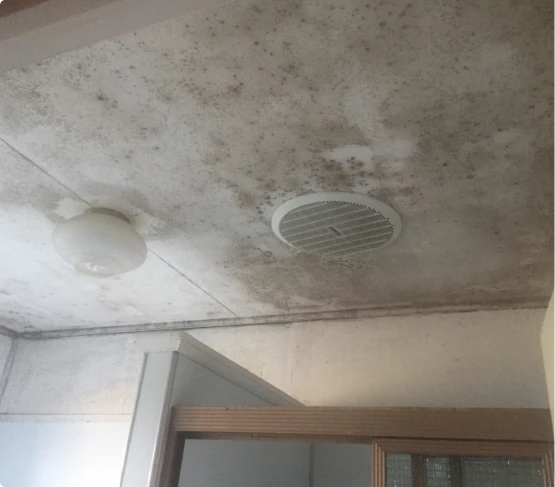
Before
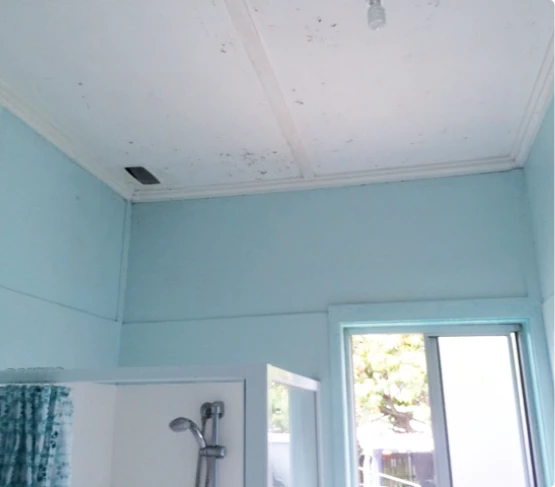
After
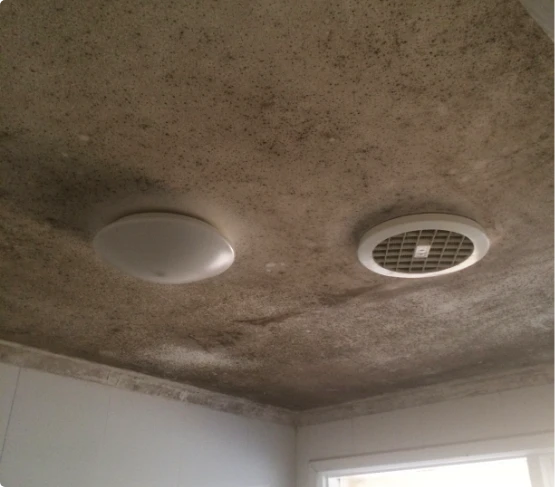
Before
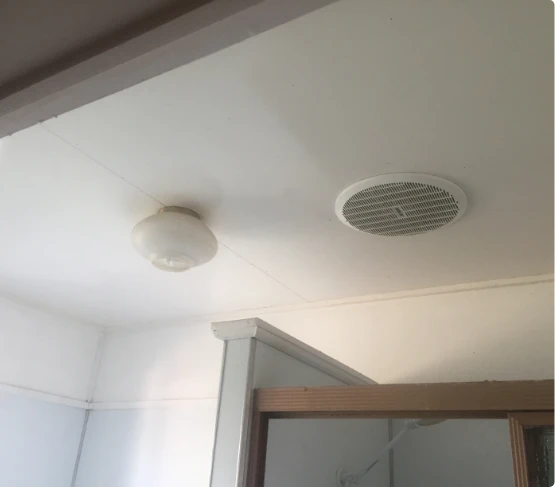
After
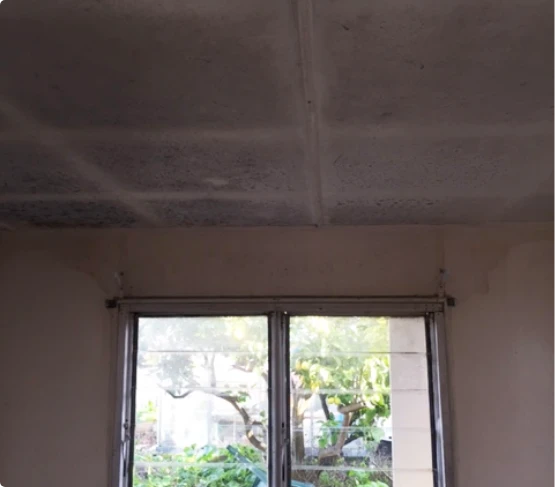
Before
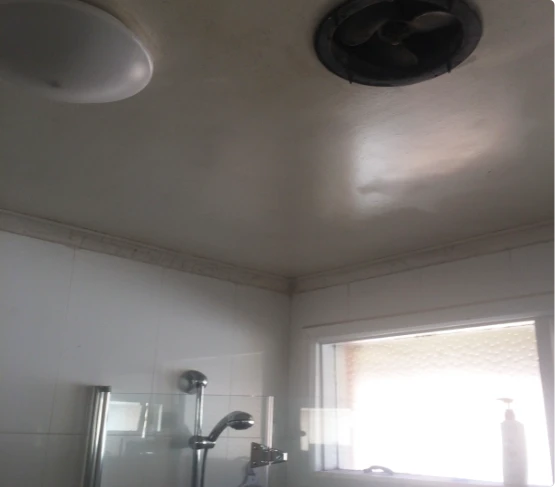
After
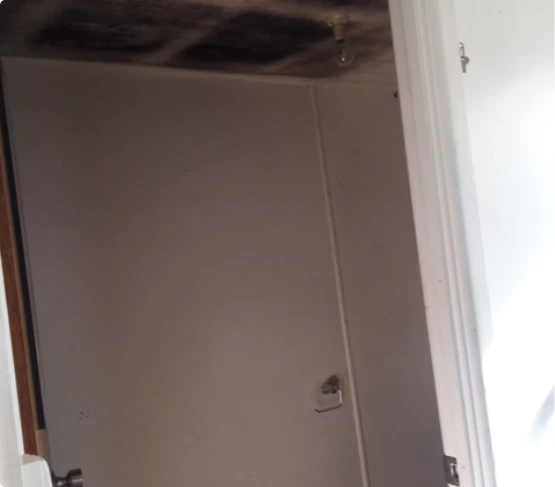
Before
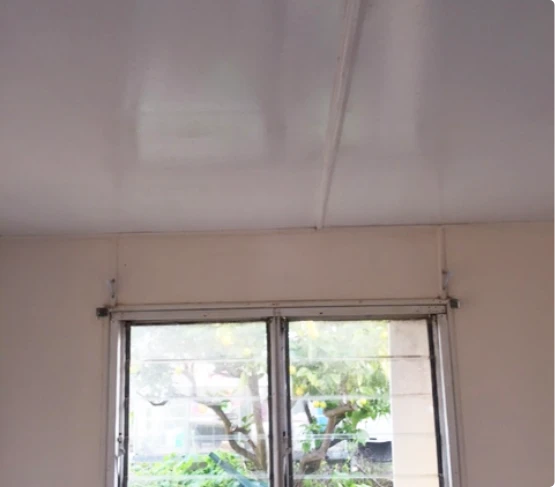
After
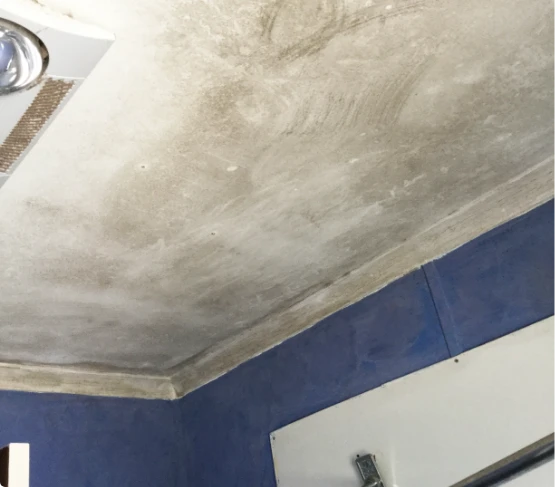
Before
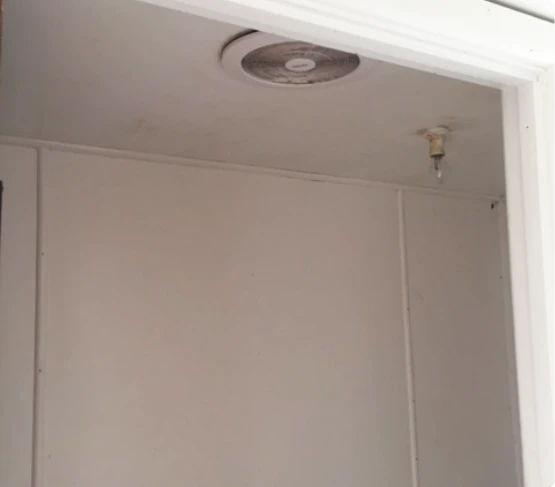
After
Mould can be found in various places, such as carpets, fabrics, walls, ceilings, areas with water damage, and damp environments like showers or toilets. If left unaddressed, mould can cause allergic reactions and affect indoor air quality.
Cladosporium is a common type of mould that can have different effects on human health depending on the specific species and individual sensitivity. It typically thrives in conditions of excessive moisture caused by factors like water leaks, high humidity, condensation, or inadequate ventilation.
Long-term exposure to high levels of Cladosporium can lead to adverse health effects, including allergies and asthma symptoms.
Penicillium is another common type of mould found in various environments, including indoor spaces. It produces spores that can be blue, green, or yellow in colour. Penicillium moulds can be found in damp or water-damaged areas of buildings, thriving in high-humidity environments with organic materials
Exposure to Penicillium moulds can cause allergic reactions, particularly in individuals with mould allergies or asthma.
Aspergillus moulds are widespread both indoors and outdoors, and they come in different colours as they grow. These moulds are caused by various species of the fungi Aspergillus, with the most common cause being Aspergillus fumigatus. Aspergillus spores are airborne and can be more concentrated indoors.
Aspergillus moulds can cause aspergillosis, an infection that leads to symptoms such as coughing, shortness of breath, chest pain, fever, and fatigue.
Alternaria moulds have club-shaped spores that form long chain-like structures and eventually create thick colonies in black, green, or grey colours. These moulds can be found indoors and outdoors, spreading through the air and settling in water or soil. Alternaria moulds are commonly found in the environment and can grow rapidly in damp conditions.
While Alternaria mould is a common cause of allergies, it is generally not highly dangerous for individuals with a healthy immune system. However, people with compromised immune systems may be at risk of opportunistic infection.
Please note that mould allergies can cause uncomfortable symptoms such as sneezing, runny nose, red eyes, and dizziness. If you suspect that you have mould in your home, book an inspection with an Electrodry Mould Removal Specialist now.

The abrupt presence of black mould is frequently linked to an abundance of moisture in the surroundings. This excess moisture can be attributed to various factors, such as leaks, inadequate ventilation, or elevated humidity levels. Changes in weather patterns or the proximity of water sources can also play a role in mould development. It is essential to identify and resolve the root cause of excessive moisture to prevent the recurrence and growth of mould.
To prevent the reappearance of black mould, it's important to tackle the root cause of its growth. Here are some steps you can take:
Reduce humidity levels in your home.
Fix any leaks or water damage promptly.
Improve ventilation in affected areas.
Regularly clean and maintain the affected area.
Consider using mould-resistant paint or other preventive products.
Being exposed to mould can result in a range of health symptoms, such as allergic reactions, respiratory issues, headaches, fatigue, and difficulty focusing. In more severe instances, it can even lead to significant health complications
Dehumidifiers can be effective in reducing mould growth by decreasing air moisture levels. Maintaining relative humidity at 50% or below helps prevent mould development. However, it's important to note that cleaning and addressing existing mould problems are necessary before relying solely on a dehumidifier.
Yes, it is generally safe to sleep in a room after cleaning mould as long as all visible mould has been completely removed and the area has been thoroughly dried. It is also important to address the underlying cause of mould growth to prevent it from returning.

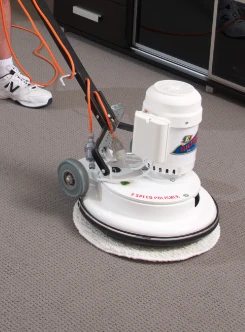
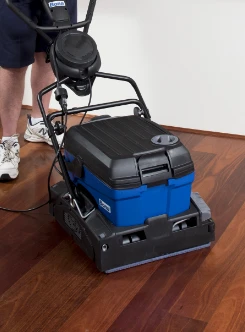
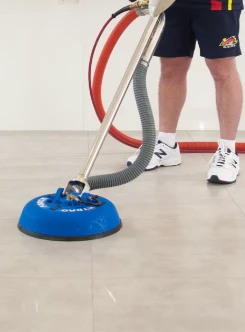
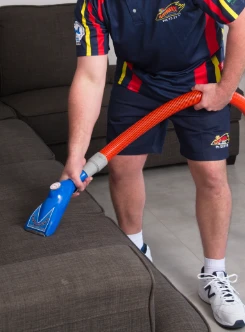
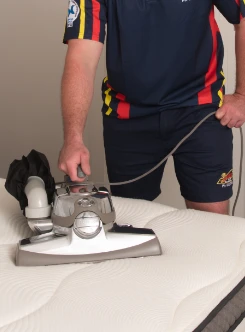
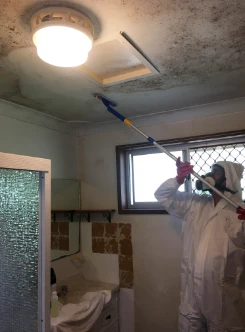
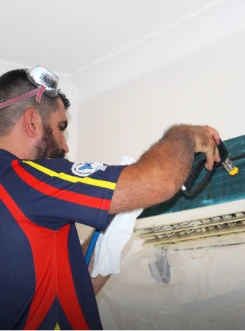
Monday
8am–6pm
Tuesday
8am–6pm
Wednesday
8am–6pm
Thursday
8am–6pm
Friday
8am–6pm
Saturday
8am–6pm
Sunday
8am–4pm
Gobbagombalin New South Wales 2650
Carabost, Burrandana, Bulgary, Brucedale, Bourkelands, Borambola, Boorooma, Book Book, Estella, East Wagga Wagga, Downside, Dhulura, Currawarna, Cookardinia, Collingullie, Cartwrights Hill, Gregadoo, Harefield, Glenfield Park, Gobbagombalin, Galore, Gelston Park, Euberta, Eunanoreenya, Moorong, Mount Austin, Lloyd, Maxwell, Kyeamba, Lake Albert, Hillgrove, Kooringal, Ashmont, Belfrayden, Big Springs, Bomen, Alfredtown, The Gap, Tolland, Turvey Park, Wagga Wagga, Wagga Wagga Bc, Wallacetown, Wantabadgery, Yarragundry, North Wagga Wagga, Oberne Creek, Oura, Pulletop, Rowan, San Isidore, Springvale, Tatton, Yathella